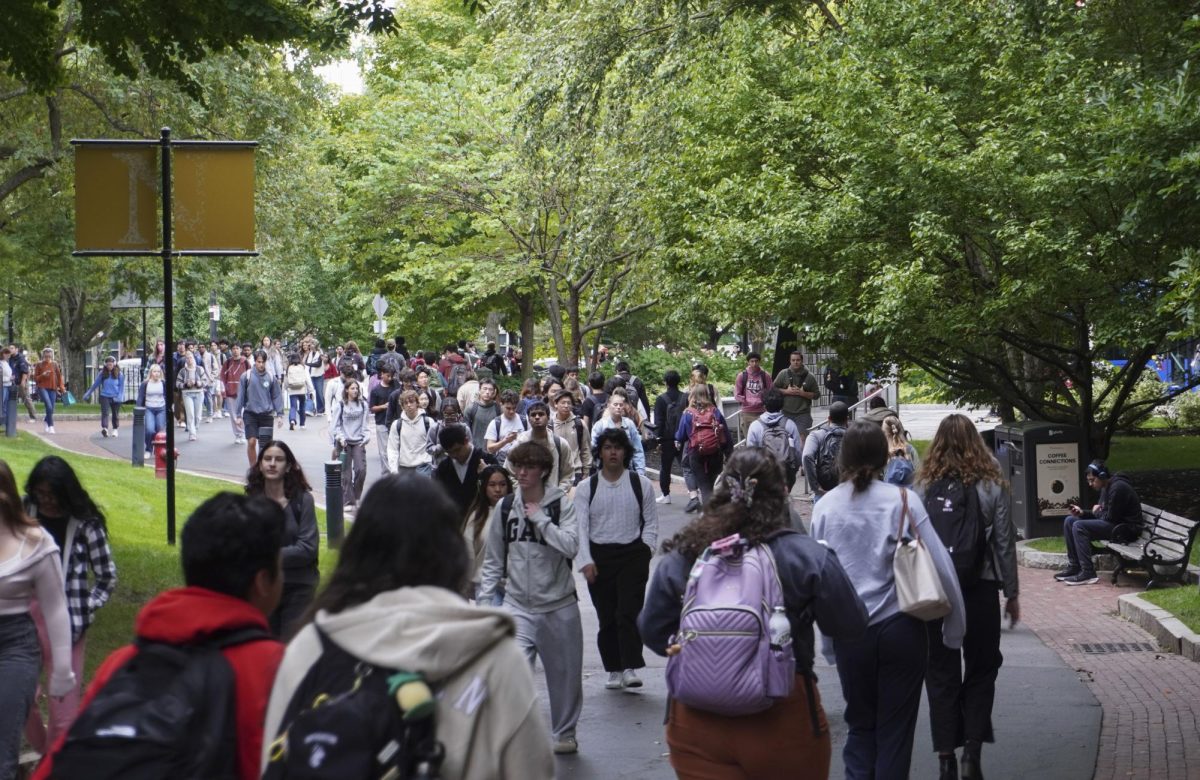The passage of the Clean Energy Act in 2007, an act which reduced tax breaks for oil companies and will fund energy-saving research, was among the initiatives that illustrated the necessity for action to be taken with the global warming crises. Now, the Husky Energy Action Team (HEAT) at Northeastern is trying to bring this issue closer to campus; HEAT hosted a Global Warming Panel Thursday to begin that process.
The program, titled “Focus the Nation: 2008,” featured a panel of five speakers: four Northeastern professors, and the head of facilities at Northeastern. The first speaker, Dan Douglas, a professor of environmental studies, paraphrased the whole program.
“Our planet is currently warming, there is no doubt,” he said. “We need to change it.” The second speaker, Dick Goettle, a professor of finance, spoke about the economic effects of global warming and the government policies being created to combat climate change.
One of the policies proposed is known as the Cap and Trade System. This system would limit the number of carbon dioxide emissions allowed and require companies to purchase permits. The more emission a company created, the more expensive their permit would be, giving companies an incentive to curb theirs.
Dan Faber, another environmental studies professor, spoke about the negative effects of global warming in an attempt to get students to understand the seriousness of global warming. He rattled off several facts to illustrate his points. Alaska has warmed 10 degrees since 1950, and last year was the warmest year on record. People are dying as food and water shortages increase around the world, he said.
“For the first time in history, there are more ecological refugees than there are refugees of war,” he said.
Boston University political science professor Stephen Bird also spoke, in addition to Northeastern head of facilities Joe Ranahan, who took the opportunity to call on students to initiate change. “The effort to change is global,” he said, “but it begins with all of you.” Luke Shaheen, the policy director for HEAT, thought the program did a good job educating students.
“A lot of people showed up,” he said. “People got to learn what facilities does to help save energy. It definitely raised awareness










